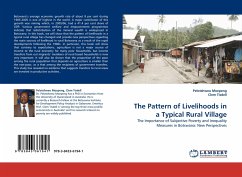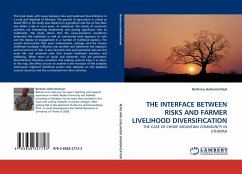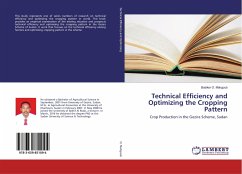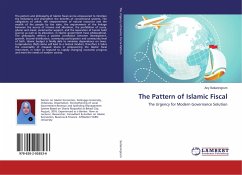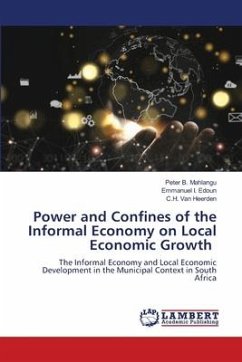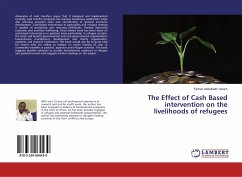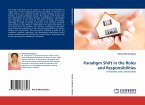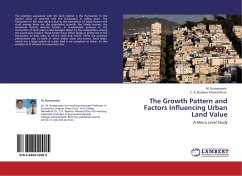Botswana's average economic growth rate of about 8 per cent during 1985-2005 is one of highest in the world. A major contributor of this growth was mining which, in 2005/06, had a 41.4 per cent share of GDP. Various government welfare and empowerment programmes indicate that redistribution of the mineral wealth is widespread in Botswana. In this book, we will show that the pattern of livelihoods in a typical rural village has changed and provide new perspectives regarding the main sources of livelihood in rural Botswana as a result of the rapid developments following the 1980s. In particular, this book will show that contrary to expectations, agriculture is not a major source of income to the rural economy for many poor households, but income transfers from out migrants' members of rural based households is now very important. It will also be shown that the proportion of the poor among the rural population that depends on agriculture is smaller than the non-poor, as is that amongthe recipients of government transfers. This study has revealed no evidence that suggests transfers to rural areas are invested in productive activities..
Bitte wählen Sie Ihr Anliegen aus.
Rechnungen
Retourenschein anfordern
Bestellstatus
Storno

